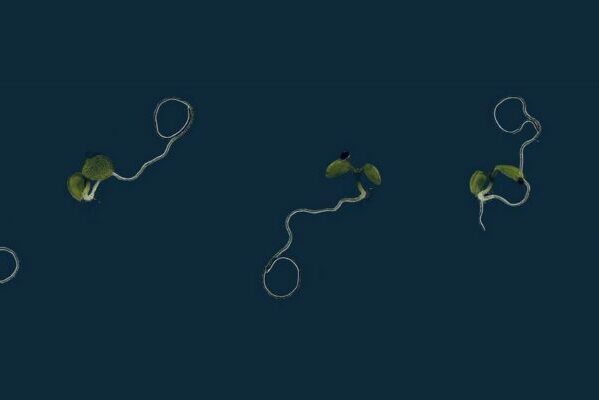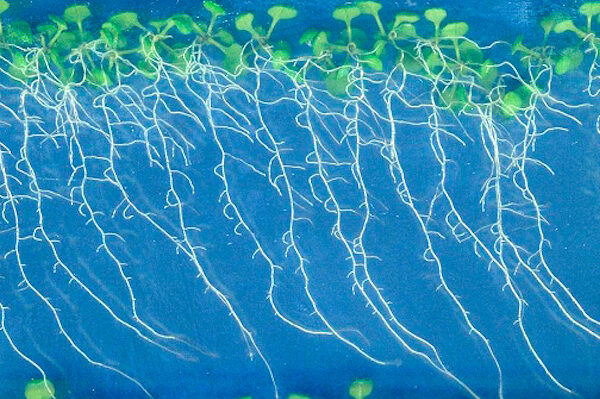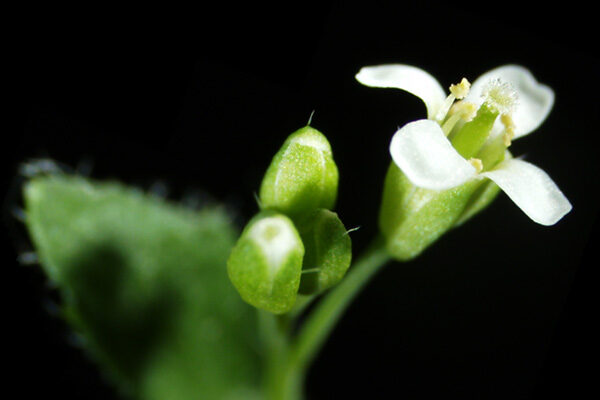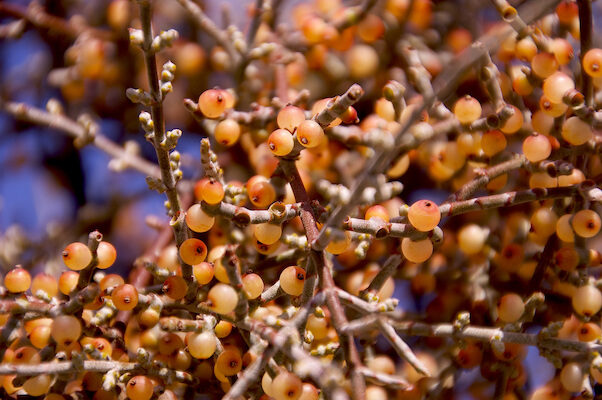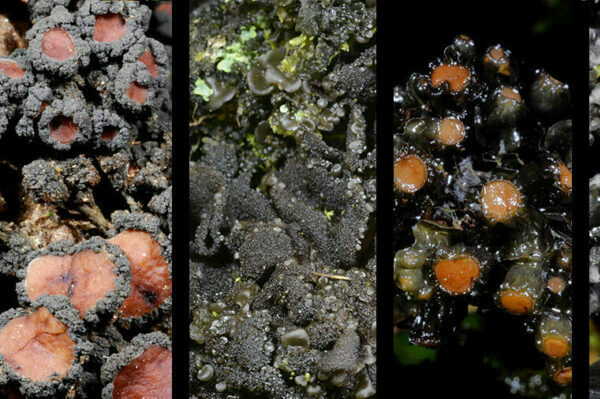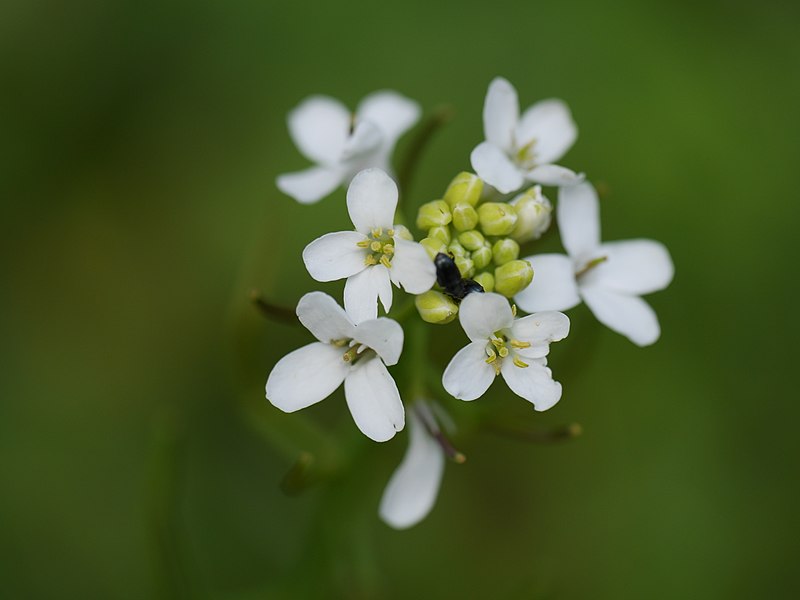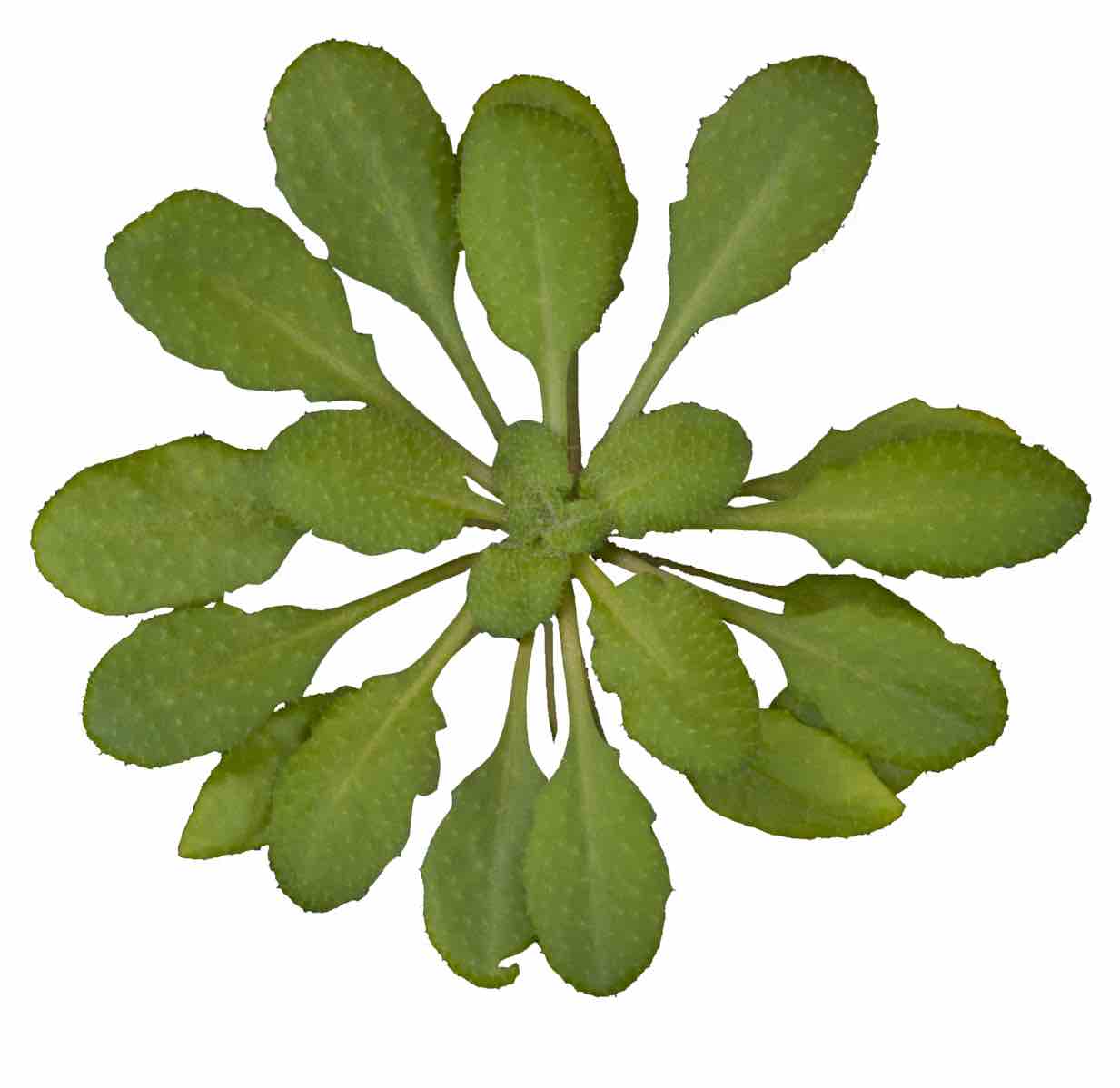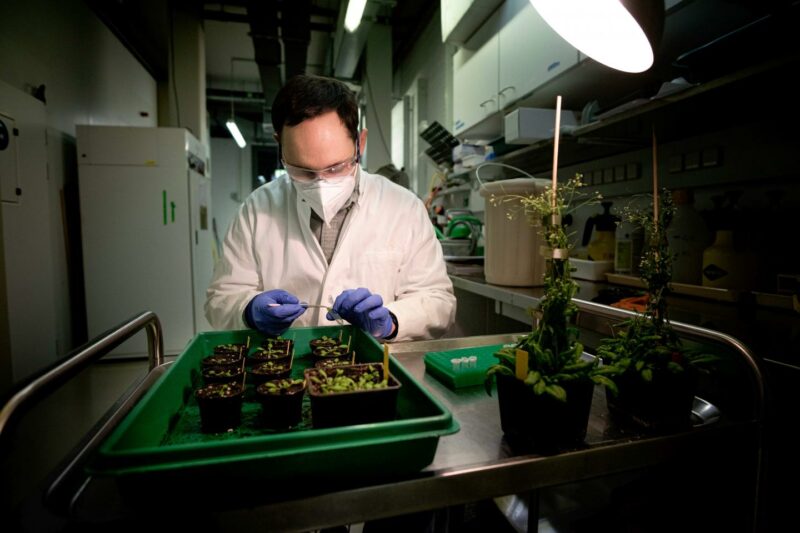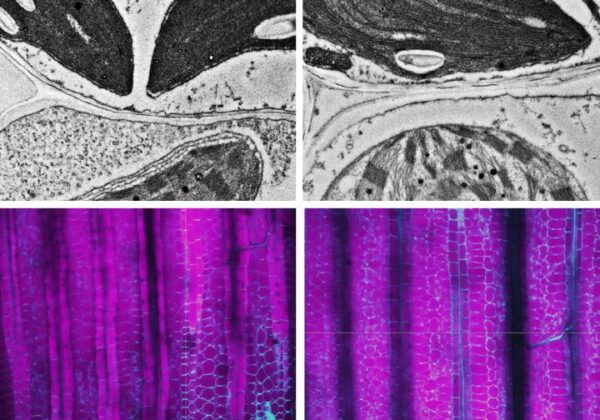
An impressive body of evidence published this week reveals the answer to a mystery that has puzzled plant scientists for more than 30 years: the role of the molecule suberin in the leaves of some of our most productive crops. This discovery could be the key to engineering better crops and ensuring future food security.


